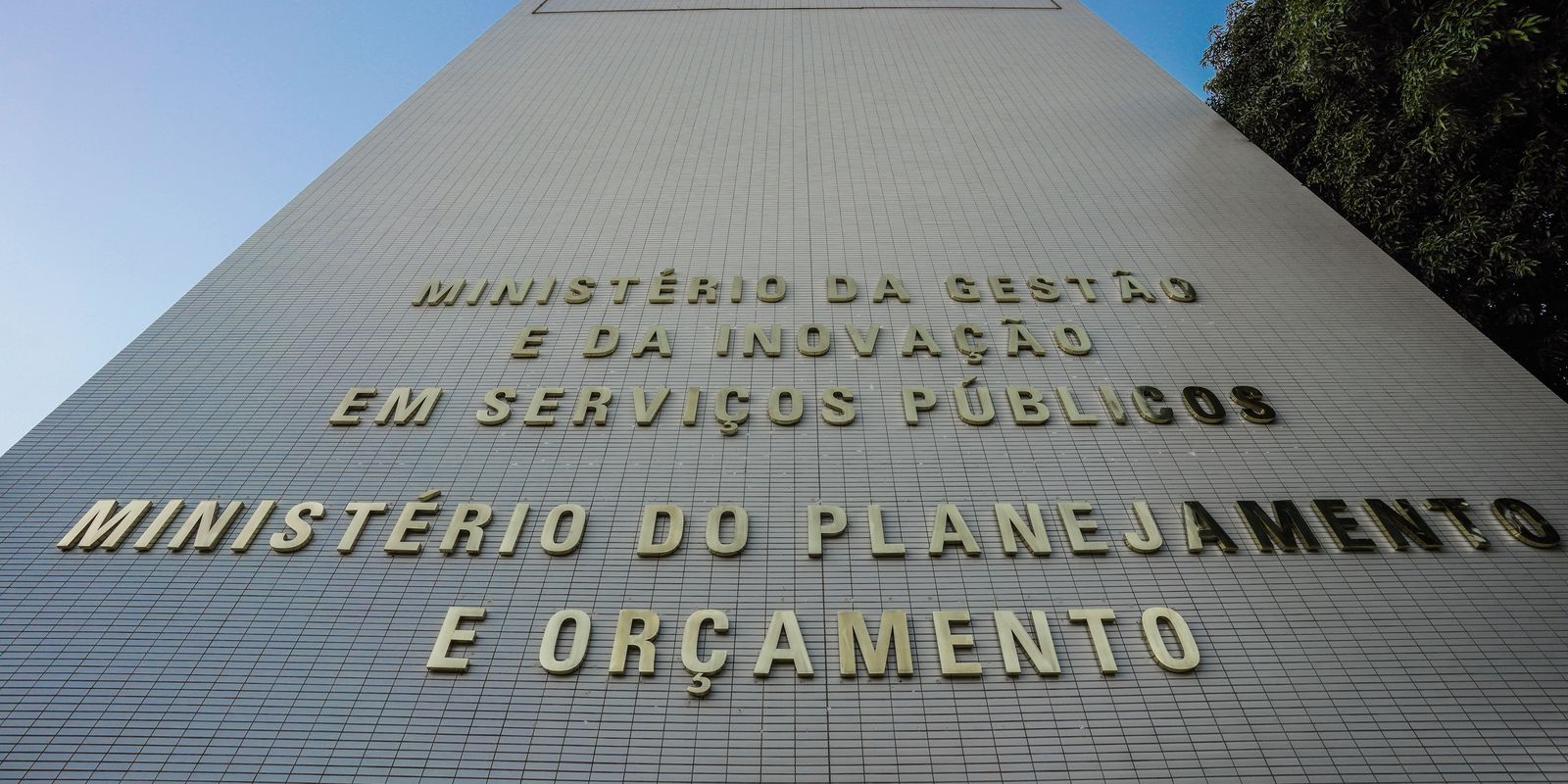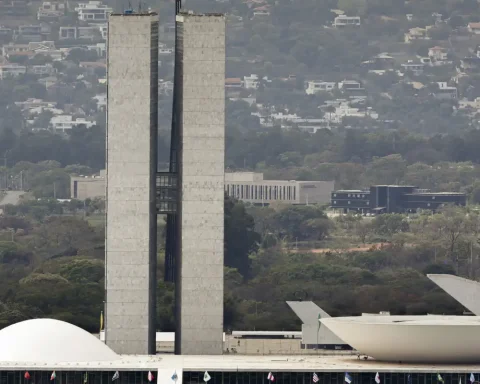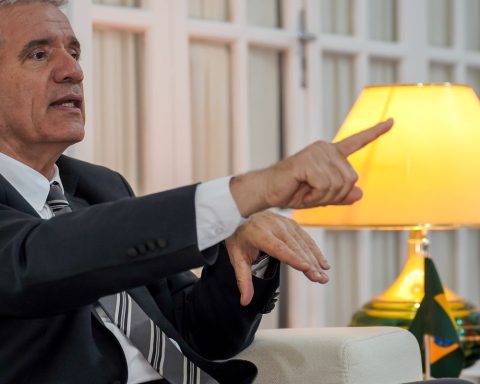Despite significant revenue shortfalls, such as those resulting from the Tax Appeals Administrative Council (Carf) proceedings, the government will maintain its target of a zero primary deficit in 2024, with the appropriate margin of tolerance, said the executive secretary of the Ministry of Planning, Gustavo Guimarães, on Monday (23). For this year, the Budget Guidelines Law (LDO) and the new fiscal framework provide for a margin of tolerance of 0.25 percentage points of the Gross Domestic Product (GDP).
With this margin of tolerance, the Central Government – National Treasury, Social Security and Central Bank – could close 2024 with a primary deficit of up to R$28.75 billion. The primary deficit represents the negative result of the government’s accounts without interest on the public debt.
Despite criticism from the financial market about the government’s ability to meet the target, Guimarães said that the estimates are close to reality. “We adjusted the targets for the following years without changing the 2024 target. Even after this change, there was always some noise that the target could change this year. And we have shown every two months the government’s efforts to ensure that this does not happen, as it will not happen,” said Guimarães, during a press conference about the Bimonthly Revenue and Expenditure Assessment Report, a document that guides the execution of the Budget.
Released on Friday night (20), the report unfroze R$1.7 billion from the 2024 Budget. The increase in the revenue estimate led the government to reduce the primary deficit estimate for 2024 to R$28.3 billion. This amount is R$400 million lower than the minimum tolerance limit for meeting the target.
The current fiscal framework excludes from the target the R$38.6 billion in extraordinary credits to rebuild Rio Grande do Sul nor the R$514 million to combat forest fires announced last week, as well as other exceptional expenses. Without the expenses outside the fiscal framework, the government would end the year with a primary deficit of R$68.8 billion.
Creative accounting
The executive secretary of the Ministry of Finance, Dario Durigan, responded to criticism that the economic team is resorting to creative accounting to close this year’s accounts. He said that the higher-than-expected economic growth and measures to raise revenue from the wealthiest, such as taxing offshores (investment companies abroad) and exclusive funds will bring the revenues needed by the government to meet the target.
“There is, in fact, discomfort in the economic team when we perceive some irrationality in the repercussions, when some facts of reality are ignored, some numbers that are presented. The fact is that the fiscal recovery has recovered and has exceeded expectations. That is a fact. Another fact is that the economy is surprising in its performance, also exceeding expectations,” he countered.
Amounts receivable
To free up R$1.7 billion from the Budget and reduce the primary deficit forecast to R$28.3 billion, the report increased the revenue forecasts not directly managed by the Federal Revenue Service. The main highlight was R$18.3 billion from measures to compensate for the payroll tax reliefwhich will enter the federal coffers this year, an additional R$10.1 billion in dividends from state-owned companies to the National Treasury and another R$4.9 billion in royalties of oil.
These extraordinary revenues offset the R$25.8 billion drop in inflows of resources resulting from the government’s tie-breaking vote in the Tax Appeals Administrative Council (Carf), an administrative body of the Federal Revenue Service. Durigan, however, clarified that the R$8.5 billion in amounts forgotten in the financial system, which also helped offset the payroll tax relief, were not included in the report.
“As there has been an update to the Central Bank’s codes and criteria, it is necessary to match the nomenclature today so that there is no doubt about this. As we are still debating this issue, an editorial adjustment, and how it should be made, it has not yet been considered for the purposes of the bimonthly report,” explained the Executive Secretary of the Treasury.
Divergences
Despite being approved by Congressthe way of accounting for forgotten amounts in the financial system to the National Treasury opposes the Treasury and the Central Bank (BC). For the BC, the transfer of forgotten amounts to the Treasury cannot be included in the calculation of the zero primary deficit target because it represents money from account holders.
The Ministry of Finance claims that there are precedents that allow the inclusion of resources as primary revenue, such as the R$26.3 billion stopped in the old PIS/Pasep Fund. The amount entered the Treasury’s single account in December 2022, with the constitutional amendment of the transition.
* Article updated at 5pm to correct that the fiscal framework excludes R$38.6 billion for Rio Grande do Sul from the target, not R$29 billion

















